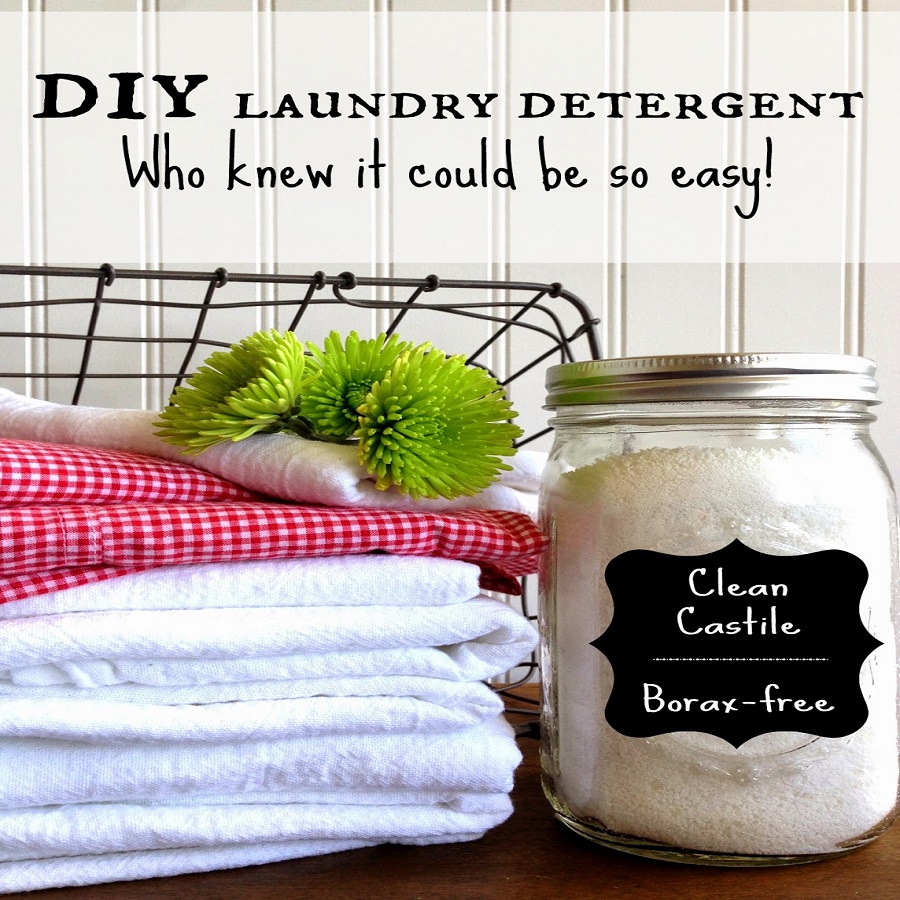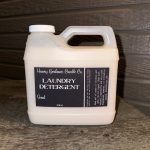Introduction to Homemade Laundry Detergent
Creating your own laundry detergent is a rewarding practice that aligns with an eco-conscious lifestyle. Not only does it offer a sustainable alternative to commercial detergents, but it also allows for customization according to specific washing needs. DIY laundry soap can be made with a few key ingredients, most of which you may already have at home. This homemade solution effectively cleans clothes while respecting the environment, with the added benefit of often being gentler on fabrics and skin. Embrace the change towards a greener routine by crafting a detergent that’s safe, efficient, and cost-effective.
Why Choose DIY Over Store-Bought?
Choosing to make your own laundry detergent over buying store-bought has numerous advantages. Firstly, DIY detergents give you full control over the ingredients, ensuring you avoid harsh chemicals that may harm the environment or irritate sensitive skin. Homemade solutions are often more cost-effective than their commercial counterparts, too. By selecting natural components, you contribute to reduced plastic packaging and lower the overall ecological footprint. Another benefit is the versatility of DIY detergents; you can adjust the formula to suit your specific laundry needs, whether that’s targeting hard-to-clean stains or preserving the vibrancy of colored garments. In essence, opting for a homemade laundry detergent recipe aligns with a conscious lifestyle choice that champions sustainability, health, and customization.
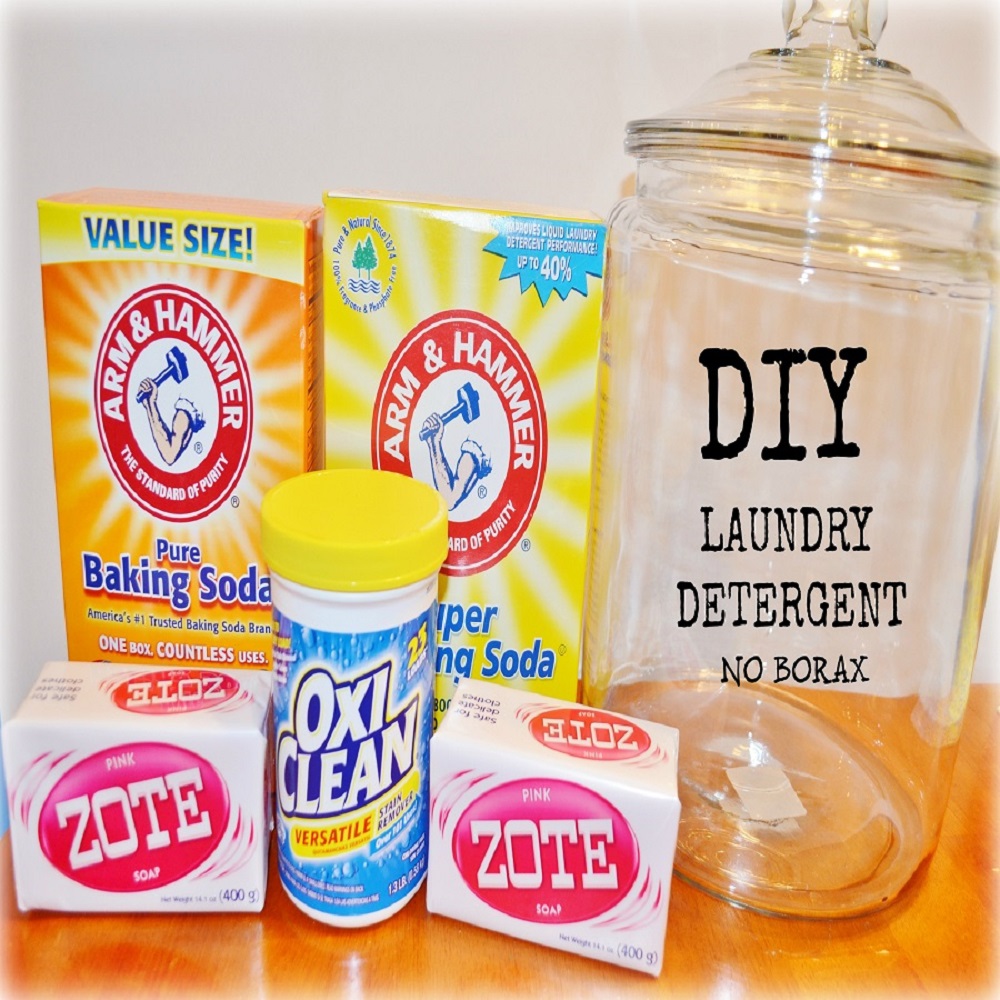
Essential Ingredients for Natural Detergent
Creating an effective and natural laundry detergent at home revolves around a few essential ingredients. These components are chosen not only for their cleaning prowess but also for their safety and environmental friendliness. Here’s what you’ll need to make your own eco-conscious laundry soap:
- Washing Soda: A key player in laundry cleaning, washing soda (sodium carbonate) cuts through grease and lifts away dirt. It’s also a water softener, improving the efficiency of your detergent.
- Borax: Although controversial, borax is often included for its ability to whiten and remove stains. However, there are many effective borax-free recipes if you prefer to avoid it.
- Bar Soap: A coconut oil-based soap bar is preferable. It saponifies easily and pairs well with washing soda to clean fabrics. Grate and add to your mixture for additional cleansing action.
- Baking Soda: Baking soda (sodium bicarbonate) is a mild alkali that helps to eliminate odors and gentle on clothes. It’s often employed to maintain the pH balance in homemade detergents.
- Essential Oils: Optional but recommended for a natural fragrance and additional antibacterial properties. Popular choices include lemon, lavender, and tea tree oils.
- Salt: Sea salt or Epsom salt can be used as a fabric softener and color protector, preventing fading and keeping clothes vibrant over multiple washes.
- Vinegar: White vinegar can be employed as a natural fabric softener and is excellent at dissolving residual soap.
With these ingredients, you can mix and match to create a laundry detergent tailored to your specific requirements. Just make sure to combine them in the appropriate ratios to formulate a balanced and effective cleaning agent.
Step-by-Step Guide to Making Your Laundry Soap
Creating your own laundry soap at home is simple and involves just a few steps. Here’s how to make an eco-friendly laundry detergent that’s as easy on your clothes as it is on the planet:
- Grate the Soap: Using a cheese grater or food processor, finely shred the bar of coconut oil-based soap.
- Mix Ingredients: In a large container, combine the grated soap with washing soda. The recommended ratio is one part grated soap to two parts washing soda. This balance ensures effective cleaning without leaving behind soap residue.
- Add Extras: If desired, incorporate sea salt or Epsom salt to the mixture for fabric softening benefits. Baking soda can also be added to neutralize odors and maintain the pH balance.
- Include Essential Oils: For a pleasant scent and added antibacterial properties, sprinkle in a few drops of your chosen essential oils, like lavender or lemon, and mix well.
- Store Properly: Transfer the homemade laundry soap to an airtight container to keep moisture out and maintain the potency of the detergent.
With this simple guide, you’ll have a batch of laundry soap that is ready to tackle stains, odors, and dirt while being kinder to the environment.
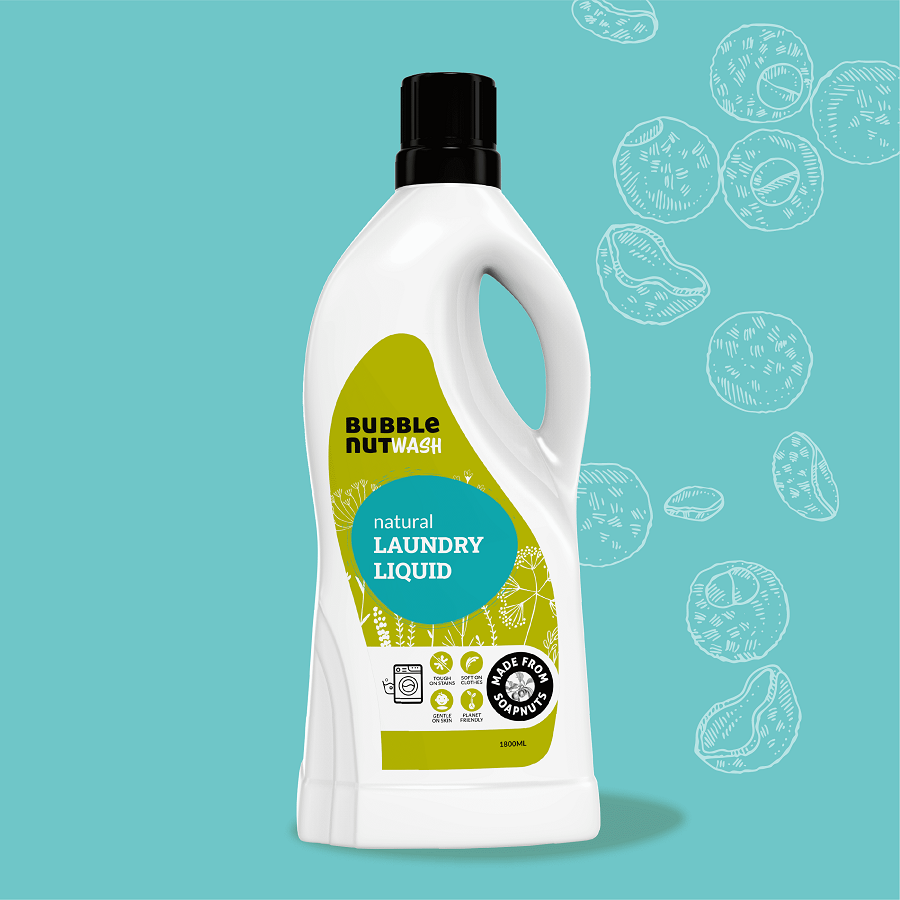
Tips for Using Homemade Laundry Detergent in HE Machines
When using your homemade laundry soap in High-Efficiency (HE) machines, there are a few key considerations to ensure the best possible results. HE machines use less water and require detergents that are low-sudsing, which is perfect since most homemade detergents naturally produce fewer suds than commercial alternatives. Follow these tips to maximize the effectiveness of your DIY laundry detergent:
- Use Less Detergent: HE machines require less detergent due to their efficient design. Start with half the amount you would use for a standard machine and adjust if needed.
- Dissolve First: For powdered detergents, consider dissolving the soap in a small amount of hot water before adding it to the washer. This helps to prevent any undissolved particles from clinging to clothes or the washer drum.
- Skip the Scented Boosters: If using essential oils in your recipe, there’s no need for additional scent boosters. The essential oils will provide a subtle, natural fragrance to your laundry.
- Check Compatibility: Always consult your HE machine’s manual to make sure the detergent is suitable. Some manufacturers might void the warranty if non-HE specific detergents are used.
- Run a Cleaning Cycle: Periodically run an empty cleaning cycle with hot water and vinegar to keep your HE machine free of any potential residue from the homemade detergent.
By adhering to these tips, you can make the most out of your non-toxic homemade laundry detergent and ensure your HE machine runs smoothly and effectively.
Enhancing Cleaning Power: Natural Additives and Boosters
To give your homemade laundry detergent a little extra kick, consider incorporating natural additives and boosters. These ingredients can enhance the detergent’s ability to tackle tough stains, brighten whites, and even soften fabrics without the need for harsh chemicals. Here are some common natural boosters you can add to your detergent formula:
- Baking Soda: Known for its odor-neutralizing properties, baking soda is a great addition for fresher-smelling laundry.
- Salt: A natural fabric softener, salt can help prevent colors from fading and reduce mineral buildup in your washing machine.
- Hydrogen Peroxide: This natural bleaching agent can brighten whites and remove stains without the adverse effects of chlorine bleach.
- Lemon Juice: Its acidic nature helps to break down stains and leave clothes smelling fresh.
- Essential Oils: Add a few drops of tea tree oil for its antibacterial properties or eucalyptus oil for added freshness.
- White Vinegar: A rinse with white vinegar can soften clothes and help remove soap residue.
By adding these natural boosters, you can make your DIY laundry detergent even more effective while maintaining its non-toxic, eco-friendly qualities.
Storing Your DIY Laundry Detergent
After creating your non-toxic laundry detergent, proper storage is essential to maintain its effectiveness. Exposure to moisture can cause the detergent to clump, reducing its cleaning power. Here are tips for storing your DIY laundry soap to ensure it stays dry and potent over time:
- Use an Airtight Container: Transfer your laundry soap into a container with a tight-fitting lid. Mason jars, resealable plastic containers, or any moisture-proof storage canister works well.
- Keep in a Dry Place: Store the container in a cool, dry area away from humidity. Laundry rooms can sometimes be damp, so consider keeping your detergent in a pantry or cupboard if needed.
- Label Your Container: Clearly label the container with the contents and date made. This is particularly important if you have different homemade cleaning products to avoid confusion.
- Consider a Scoop: Place a dry scoop inside the container for easy measuring. Make sure the scoop stays dry to prevent clumping within the detergent.
- Avoid Sunlight: Direct sunlight can degrade the quality of the soap and essential oils used in your detergent. Store the container in a dark area or opaque container to prevent light exposure.
Following these storage tips will help you get the most out of your homemade laundry detergent, ensuring your clothes come out clean and fresh with every wash.
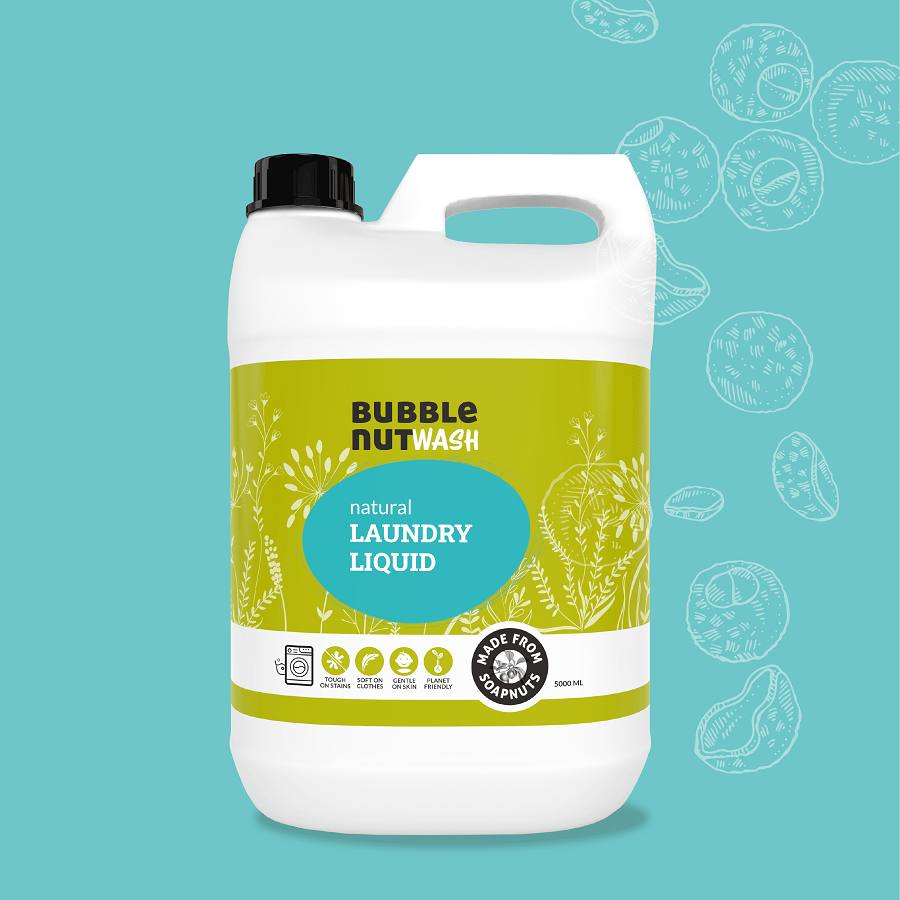
Common Questions About Homemade Detergents Answered
When embarking on the journey of making your own laundry detergent, it’s natural to have questions. Let’s dive into some of the most common inquiries and clear up any confusion you might have about homemade laundry solutions:
Can Homemade Laundry Soap Cause Buildup?
Some worry that homemade detergent could lead to residue on clothes or in the machine. However, many find that when used in the right proportions, DIY options clean effectively without buildup. It’s always a good idea to occasionally run a maintenance cycle with vinegar to keep your washer in top condition.
Is Homemade Detergent Safe for Sensitive Skin?
Yes, when made with natural ingredients, homemade detergents often lack the irritants found in many commercial brands. They can be gentler on skin prone to reactions, making them a suitable choice for those with sensitivities.
Will DIY Laundry Detergent Work In Hard Water?
Homemade detergents can work well in hard water, especially when formulated with water-softening components, like washing soda. Adjusting the recipe to include additional softening agents may enhance its effectiveness.
Can I Use Essential Oils in Homemade Detergent?
Absolutely! Essential oils add a natural fragrance and can provide antibacterial properties. Just a few drops can make a difference, and you’re free to choose scents that appeal to you, like lavender or citrus notes.
Is Homemade Laundry Detergent Environmentally Friendly?
Homemade detergents usually feature biodegradable ingredients and involve minimal packaging, making them an eco-friendlier choice compared to many store-bought detergents.
By addressing these questions, you’ll find greater confidence in creating and using your homemade laundry detergent, leading to a more sustainable and personalized laundering experience.
Environmental Impact and Benefits of Natural Detergent
Switching to a natural laundry detergent not only benefits your home but also the environment. Commercial detergents often contain phosphates and other chemicals that can lead to water pollution, harm aquatic life, and disrupt ecosystems when they wash down our drains. By using non-toxic ingredients, your homemade detergent reduces the release of these harmful substances. Additionally, DIY detergents minimize plastic waste as they can be stored in reusable containers, further contributing to a sustainable lifestyle. The natural decomposition of these detergents ensures that, once used, they won’t linger in the environment, making them a responsible choice for eco-conscious consumers.
